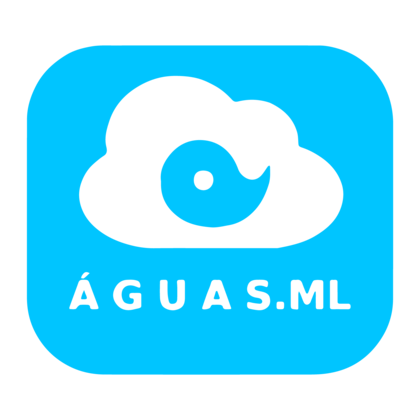Doctor Gerson Costa Filho left service in Basic Health Units (BHU) that were embedded in the communities of the northern region of Rio de Janeiro, where he worked for eight years, to dedicate himself to the health of migrants, refugees and the local community at the other end of the Brazil, in the state of Roraima. He joined the International Organization for Migration (IOM) Health team to reinforce local care at a city BHU.
From an urban environment marked by various adversities, Dr. Costa Filho moved to another, that presents a different set of challenges confronted by Venezuelans who leave their country of origin seeking new opportunities.
Starting this week, the doctor will be in charge of one of two Mobile Health Units piloted by IOM, which will start operating in the capital of Roraima during the COVID-19 pandemic.. Together with the health team of the United Nations International Organization for Migration (IOM), Dr. Costa Filho will assist Brazilians, migrants and refugees in the areas covered by Operation Welcome, a humanitarian response from the federal government, among other strategic partners, that is coordinated with local authorities.
“It is a resource that will allow a much faster response to the health needs and demands of the migrant population in transit and temporary accommodations, in a flexible and dynamic way, as is the migration process itself: we go as far as the people are”, emphasized Dr. Costa Filho, who also cautioned that a mobile health service will bring other demands.
“This constant movement will require creativity and the flexibility to establish strong, effective support to respond to the immediate health needs of these people, but also for their continued care, as necessary”.
With the COVID-19 pandemic, the challenge only increased for the IOM team. The situation was unimaginable not long ago, when the vehicles left Brasilia, the country’s capital, and traveled north.
“The pandemic brought many elements to our attention. It becomes even more apparent that the most vulnerable suffer greatly as a result of the inequities in available health care for them. Not only are they more susceptible to contagion, but they have less resources available for comprehensive health care. Our offering the local health care providers with additional resources is a unique opportunity for them, especially now ”, said Dr. Costa Filho.
For Luiz Otávio Bastos, another doctor who works in the mobile unit, the standard of care they follow differs logistically from that of a traditional office, but it has the same effectiveness.
“With the available resources and structure of the vans, it is possible to carry out procedures and exams to deal with emergencies and respect the privacy of the person who seeks assistance. We have good expectations of surpassing the service model with joint efforts for consultations”, said Dr. Bastos.
The doctor, who has worked in the most diverse locations in the Amazon serving the urban, riverside and indigenous populations, believes that during this period when fragile people are even more vulnerable, it will be essential to expand access to healthcare.
“It is important to remember that these vulnerable populations live in temporary housing, often densely populated and with difficult access to water. These are conditions that make adhering to the pandemic prevention guidelines much more difficult”, says Dr. Bastos.
“Thus, expanding access to health care, identifying potentially serious cases early and stabilizing the underlying diseases considered as risk factors for COVID-19, become crucial measures for coping with the coronavirus”, concluded the doctor.
This and other IOM medical activities in Roraima are carried out with financial support from the Government of Japan. The aim is to guarantee humanitarian assistance in the areas of primary health care through health care support for Venezuelans and the population in the state. Activities are aligned and executed with the Unified Health System and different spheres of government.
Fonte
O post “IOM doctors work in mobile offices in Roraima during the COVID-19 pandemi” foi publicado em 12th Maio 2020 e pode ser visto originalmente diretamente na fonte ONU Brasil

